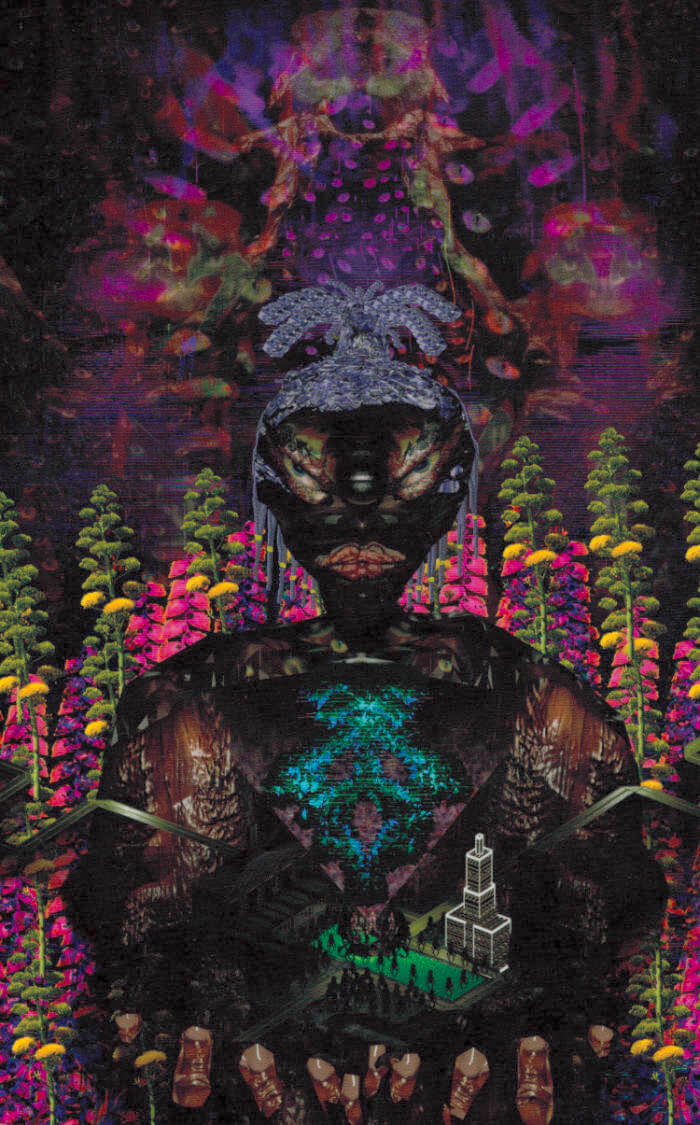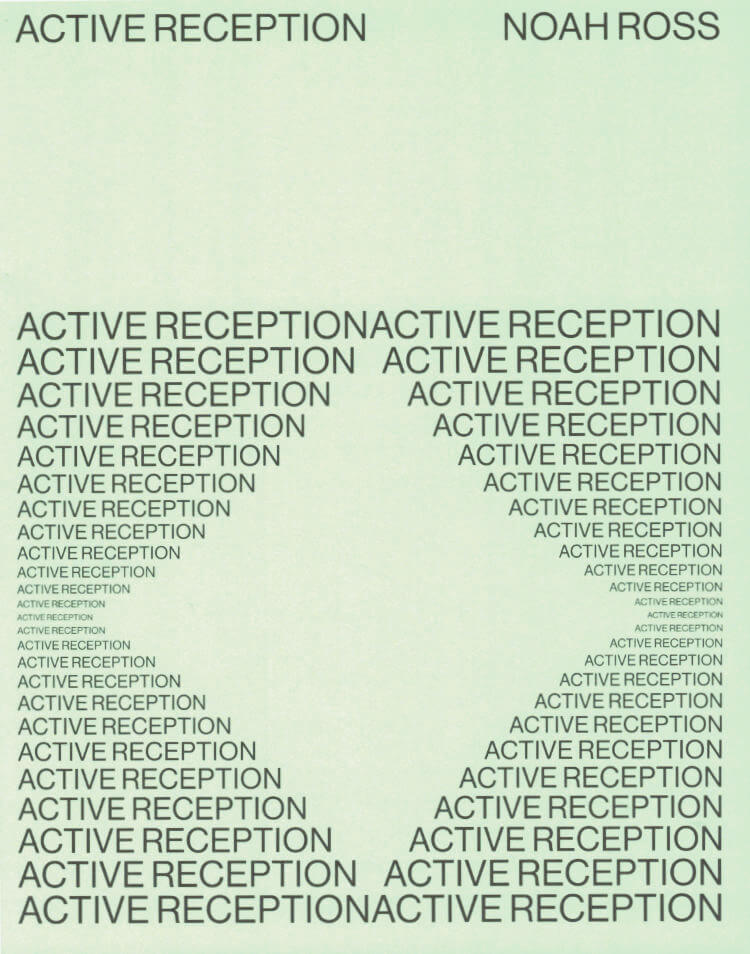
The Virosexuals
Manchester, UK. 2080.
It is a subculture whereby people are sexually attracted to the idea of transmitting and receiving STI’s. It started as a counter-culture against computer algorithms that determine every aspect of people’s lives, from careers to romantic interests, where they live, all over the world. The Virosexuals decided to alter their own bodies in order to subvert the algorithm. Now treated as non humans and thus ignored, Virosexuals like Amygdala are left to survive on their own…
Amygdala’s world consists of: her open relationship with Cel, her philosophical musings and drugged-up rants with her best friend Skunk/Winny, as well as her pursuit of all the completely curable (and thus fetishised) meatspace ‘zeases the club scene can offer. She tries to negotiate her body, her sexuality and her desires and find the source of the ‘Petitmort' threat…!
Amygdala’s dealer ran off on her. She’s out of estrogen, and so when Alejandro offers her a bountiful supply of ‘mones if she works for him – doing what? – she’s not super sure… What she does know: ESCHATOS 2.0 is trying to kill her. There’s a rumour buzzing on The Chat. A deadly virus, nicknamed ‘Petitmort’, is going around. It was manufactured by ESCHATOS 2.0, and maybe only those who have installed the latest update of the Treehouse Link are susceptible. Could Alejandro’s mission for Amygdala be connected to this virus sweeping the underground kink and BDSM scene?
Orion J. Facey's The Virosexuals, the author’s first novel, is a science-fantasy you won’t regret plugging into.
The Book Cover is Artwork by Danielle Brathwaite-Shirley
Design and Typeface by Atelier Carvalho Bernau
Editing by Taylor Le Melle
Copy Editing by Natasha Lall
Production by Daniella Valz Gen, Ima-Abasi Okon and Rehana Zaman
Pages: 280
Dimensions: mm × mm
Published: 30 June 2021
Language: English




